From our friends at the National Center for Missing & Exploited Children (NCMEC):
By Allison Brooks
08-31-2023
Going back to school is always one of the most anticipated times of the year. We look forward to opening our schedules, seeing our friends we missed during the summer break, and meeting new people in classes, through sports, and by joining new clubs. While it’s easy to get caught up in all of the excitement this time of year brings, it’s also important to have a conversation with your children about internet safety. At the National Center for Missing & Exploited Children (NCMEC), we want to encourage our communities to come together to keep kids safer online this school year.
NCMEC believes internet safety should be part of every back-to-school routine as more children use the internet and smart devices to complete schoolwork and socialize. We also know it can be overwhelming for parents and guardians to talk to their kids about topics such as sexting, sextortion, and cyberbullying, so NCMEC has created free, engaging, age-appropriate materials to help start and maintain these conversations. For example, NetSmartz, our online safety education program, provides videos, presentations, activities, and tip sheets that help teach kids and their families and trusted adults how to be safer online while also becoming more aware of potential risks and red flags. These resources also empower children to make smarter choices online and help prevent victimization by teaching them skills such as critical thinking and problem solving both online and offline.
NCMEC has also seen a steady increase in CyberTipline reports within the last several years, many related to online enticement and sextortion. Online enticement is a broad category, where in many cases, adults pretending to be children start communicating with kids online with the intent to commit a sexual offense. These predators may have inappropriate online chats with kids, encourage them to send compromising pictures, or even try to meet up in-person. This type of victimization happens across every platform, including on social media, through messaging apps, and even via gaming platforms.
Sextortion is a form of online enticement in which someone grooms or coerces a child – sometimes even within minutes – to send nude or explicit images or videos to them and then threatens or blackmails the child into sending additional sexual content or money to them. NCMEC has seen a dramatic increase in sextortion cases on our CyberTipline; many of these cases involve financial sextortion targeting teenage boys, where the offender is seeking money.
While these situations can be daunting, it is important to avoid scare tactics when talking to your children about online safety. Instead, talk to them about the difference between healthy and unhealthy relationships, empower them to make safe choices online, and encourage them to come to you or another trusted adult if they need help – even if they think they will get in trouble. Reassure them that this is not their fault.
You can share some of NCMEC’s other programs with them, too. Take It Down, a service that helps remove explicit photos and videos found online of children before they turned 18, and Safe To Compete, an initiative that combats abuse, exploitation, and trafficking as children learn to play youth sports, are both great resources. NCMEC also created its Community Education Partner Program in 2020, which allows NCMEC to partner with trusted organizations to provide NetSmartz and KidSmartz presentations and resources in their communities.
As the back-to-school festivities commence and continue into the fall, remember to talk to your kids about what they’re doing on the internet. Our newest resources for the school year can be used in classroom or at home, and families can use them as fun learning tools, too. It is never too early or too late to talk to your children about the importance of online safety!


